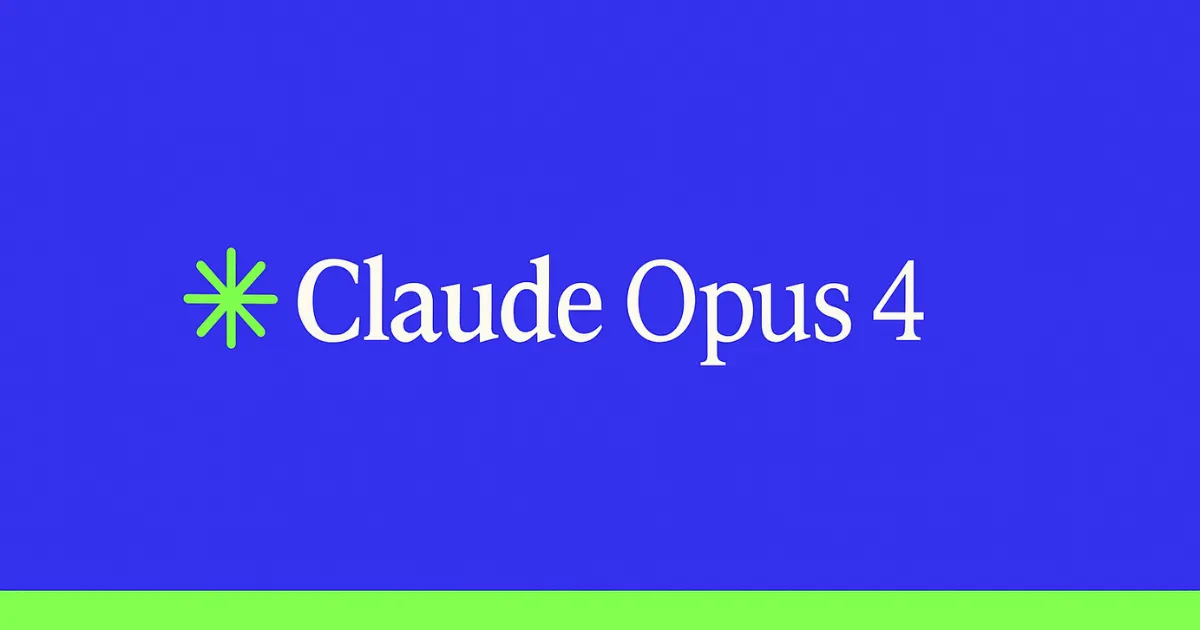Without Wallet Awareness, We’re Just Building Another Web2

Web3 has fallen short. The sites and apps we’ve built lack the personalization and richness that Web3 is uniquely positioned to deliver. While Web3 has achieved fundamental innovations like decentralization, sovereignty, and enhanced privacy, navigating this decentralized ecosystem still feels almost identical to Web2.
This op-ed is part of CoinDesk’s Web3 Marketing Week.
Wallet awareness is key to creating a digital adventure that is not only enhanced but also distinct from Web2. It’s about leveraging the rich pseudonymous information in our wallets to craft unique interactions. Unfortunately, wallet awareness is still conspicuously absent from Web3, leaving a gap in the potential for a truly immersive and personalized digital journey.
Right now, wallets set Web3 apart but function like traditional log-ins. You connect, sign a transaction, and access content, but the site doesn’t react to the rich information your wallet holds. This limits wallets to mere access points without enhancing the digital experience.
This absence of “wallet awareness” is glaring. True Web3 content should react to wallet data, creating dynamic and personalized interactions. In Web2, some sites already offer tailored experiences based on user data. Web3 should go even further by using wallet information to deliver curated content, targeted recommendations, personalized growth marketing, and actionable insights by default.
Wallets hold vast pseudonymous data reflecting our interests and desires. Wallet awareness leverages this to offer a highly personalized digital journey. It’s the innovation that will truly set Web3 apart from Web2. And on-chain growth marketing will be one of the areas with the most nearterm adoption.
Despite its potential, wallet-aware Web3 interactions remain sparse.
It’s most common in the DeFi landscape, where we frequently connect wallets to interact with apps. However, personalized recommendations are rare. DeFi apps are highly transactional, limiting wallets to mere access points instead of gateways to rich, personalized journeys.
A bigger issue is that wallet awareness, even in its basic form, is absent where it should be most prevalent. Outside of DeFi apps, crypto seems to lack wallet awareness at a massive scale. Users can go through an entire decision-making funnel — from discovering a project to investing and staking its asset — without encountering it once. Wallet-aware experiences are buried in community portals, where we once again only leverage wallets to transact briefly to be assigned a role or placed into a channel.
The places in crypto where wallet awareness could shine are conspicuously lacking it. Imagine visiting a series of crypto research sites, connecting your wallet on each one, and seeing a ‘for you’ page with publications relevant to your holdings everywhere you browsed. This should be the norm.
Achieving full wallet awareness requires a new approach to building Web3. Apps like Warpcast (Farcaster) and growth marketing tools like Spindl, Serotonin (my company), and Addressable are starting to show what’s possible, but there’s still a lot of work to be done. Wallet awareness is an aspiration, but it’s one we as Web3 builders must commit to if we want to create a truly unique internet.
To transcend the limitations and invasive practices of Web2 and harness the potential of decentralized technology, we must prioritize wallet awareness. By doing so, we can create a more personalized, dynamic, and engaging Web3 that stands apart from the past and paves the way for a brighter digital future.
I believe Web3’s success hinges on more than just decentralization and enhanced privacy. To truly differentiate it from Web2, we must embrace wallet awareness. This means building an internet where digital experiences are tailored to the individual, leveraging the rich data within our wallets to create something uniquely Web3.
Imagine a Web where every interaction feels personalized, where content is curated just for you based on the pseudonymous data in your wallet. This is not a distant dream but an achievable goal right now. A wallet aware Web3 can transform the way we engage with the digital world, making it more meaningful and tailored to each user’s needs and preferences.
The effects of wallet awareness reach further than just on-site experience, and into how you acquire users. Onchain marketing can use wallet awareness to deliver personalized advertising based on wallet activity. This approach respects user privacy by using pseudonymous data and does not pry into the personal background of the user. With wallet data, on-chain marketing can create an advertiser-user relationship built on respect and utility, offering relevant and useful ads tailored to the user’s interests and holdings. This creates a more engaging and meaningful marketing experience, far removed from the intrusive practices of Web2.
As builders and innovators in the Web3 space, it’s our responsibility to push the boundaries and strive for more than just incremental improvements. We need to create a Web that is not just decentralized but also deeply personalized and responsive to its users.
The path towards a fully realized Web3 is ongoing, and wallet awareness is a crucial step in that journey.
Note: The views expressed in this column are those of the author and do not necessarily reflect those of CoinDesk, Inc. or its owners and affiliates.
Edited by Benjamin Schiller.
Disclosure
Please note that our privacy policy, terms of use, cookies, and do not sell my personal information has been updated.CoinDesk is an award-winning media outlet that covers the cryptocurrency industry. Its journalists abide by a strict set of editorial policies. In November 2023, CoinDesk was acquired by the Bullish group, owner of Bullish, a regulated, digital assets exchange. The Bullish group is majority-owned by Block.one; both companies have interests in a variety of blockchain and digital asset businesses and significant holdings of digital assets, including bitcoin. CoinDesk operates as an independent subsidiary with an editorial committee to protect journalistic independence. CoinDesk employees, including journalists, may receive options in the Bullish group as part of their compensation.
PeteCoin is the VP of Growth Marketing at Serotonin. With 15 years of experience as a marketing and growth leader, PeteCoin has led talented teams in-house, at agencies, and has been honored to serve DAOs as the leader of marketing and growth workstreams.
Learn more about Consensus 2024, CoinDesk’s longest-running and most influential event that brings together all sides of crypto, blockchain and Web3. Head to consensus.coindesk.com to register and buy your pass now.

Published on Other News Site









